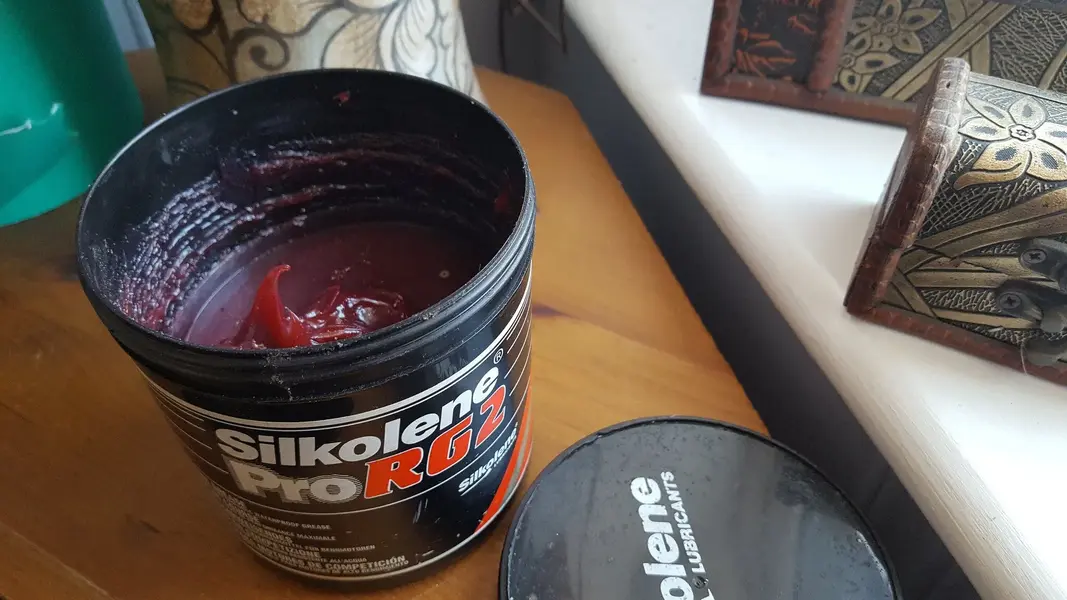2manyoranges
Old School Grand Master
- Feedback
- View
Interesting CC - I have used copper anti-seize in many applications for many years (started using it in VW flat fours for spark plug installation and went from there...) and use it liberally in BBs, particularly ti frames. I acknowledge absolutely your experience, but personally found it helped avoid galvanic corrosion on alloy wheels - we use our cars in the Alps in the winter, and there's quite a lot of salt to encourage galvanic corrosion - I had a pair of wheels stuck fast to the Touran discs in the late 90s. A liberal smear of CoppaSlip on the rear face has stopped that from happening again. But the thing is this - copper suspended greases are, I believe, non-conducting:
https://www.w8ji.com/dielectric_grease_vs_conductive_grease.htm
I enjoy knowing more and more about these things, and from the science base as well as in field experience....
https://www.w8ji.com/dielectric_grease_vs_conductive_grease.htm
I enjoy knowing more and more about these things, and from the science base as well as in field experience....
